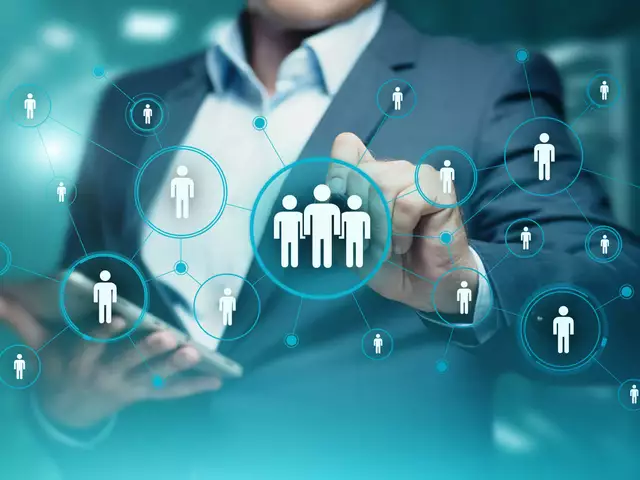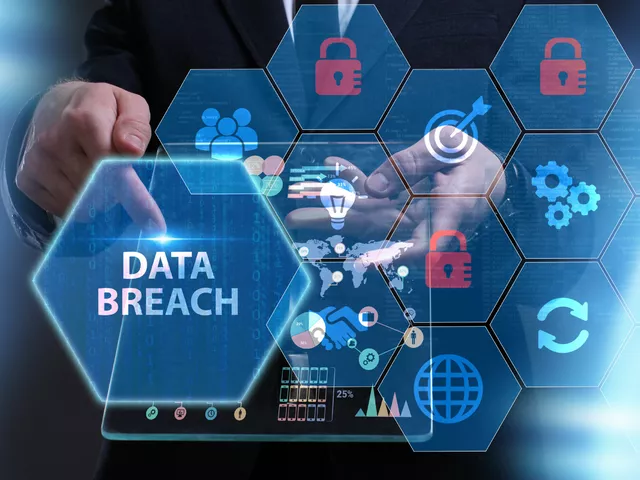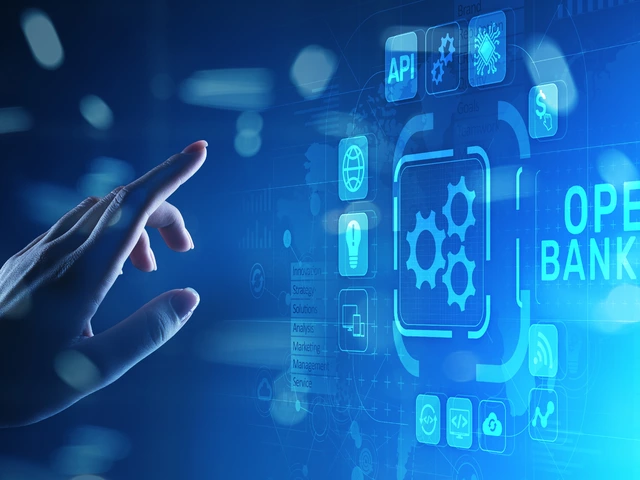Exploring the Dawn of Information Technology
Information technology, as we know it today, is a far cry from what it was in its infancy. The early days of information technology were characterized by large, room-sized computers that could only perform simple calculations. These computing machines were expensive, cumbersome, and had limited capabilities. The concept of data storage was also vastly different, with information being stored on punch cards or magnetic tapes. Communication was typically done via telegraph or telephone lines, with data being transmitted at a snail's pace by today's standards.
Interestingly, these rudimentary forms of information technology laid the foundations for the digital revolution that would follow. The invention of transistors in the 1950s led to the miniaturization of computing devices, paving the way for the personal computers of the 1980s and beyond. The development of programming languages and operating systems allowed computers to perform a variety of tasks, transforming them from simple calculators into powerful tools for data processing and analysis.
The Rise of the Internet and Digital Communication
Perhaps the most significant development in the field of information technology was the advent of the internet. The internet revolutionized the way we communicate, learn, work, and entertain ourselves. The world wide web, email, instant messaging, and social media have all dramatically changed how we interact with each other and access information.
The internet has also democratized access to information. In the past, information was often restricted to those who could afford expensive books, newspapers, or education. Today, anyone with an internet connection can access vast amounts of information from all over the world. This has led to an explosion of knowledge and has truly made the world a global village.
Shaping Businesses with Information Technology
Information technology has had a profound impact on businesses and the economy. It has enabled businesses to operate more efficiently, reach a global audience, and provide better customer service. E-commerce, online advertising, and social media marketing are now integral parts of any successful business strategy.
Moreover, data analytics and big data have given businesses unparalleled insights into their customers' behavior and preferences. This has allowed businesses to tailor their products and services to meet the exact needs of their customers, leading to increased customer satisfaction and loyalty.
Education in the Digital Era
Education has also been dramatically transformed by information technology. Online learning platforms, educational apps, and digital textbooks have made learning more accessible and personalized. Students can now learn at their own pace, from the comfort of their homes, and have access to a wealth of resources and interactive learning tools.
Furthermore, information technology has made it possible for students from all over the world to connect and collaborate, fostering a global learning community. It has also enabled teachers to track their students' progress in real time, allowing them to provide personalized feedback and support.
Healthcare and Information Technology
The healthcare industry has also benefited immensely from advances in information technology. Electronic health records, telemedicine, and health informatics have improved patient care and outcomes. Doctors can now access a patient's medical history at the click of a button, diagnose illnesses remotely, and use data to predict and prevent diseases.
Moreover, wearable technology and health apps have empowered individuals to take control of their health and wellness. These technologies allow people to track their physical activity, monitor their heart rate, and manage their diet, leading to healthier lifestyles.
The Future of Information Technology
The future of information technology is promising and exciting. With advancements in artificial intelligence, machine learning, and quantum computing, we are on the cusp of a new era of information technology. These technologies have the potential to transform every aspect of our lives, from how we work and learn, to how we communicate and entertain ourselves.
However, with great power comes great responsibility. As we continue to embrace and rely on information technology, we must also be mindful of the challenges it presents, such as privacy concerns, cybersecurity threats, and the digital divide. It is up to us to ensure that we use information technology ethically and responsibly, for the benefit of all.
- Poplular Tags
- information technology
- past
- present
- technological evolution













Write a comment